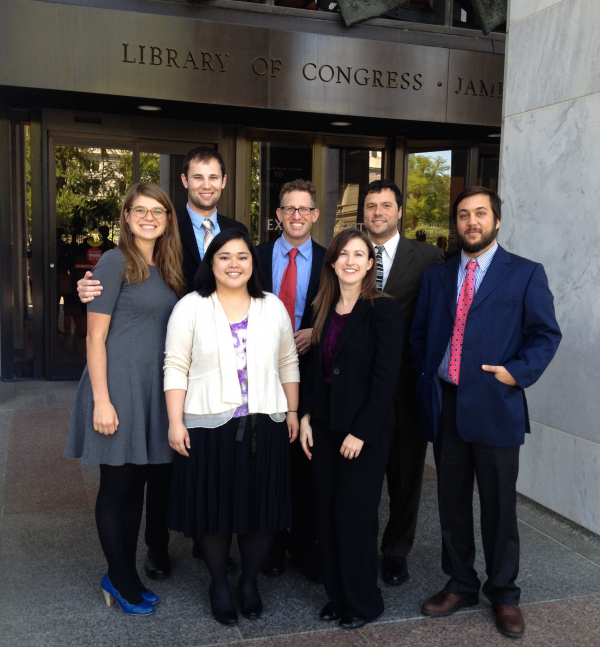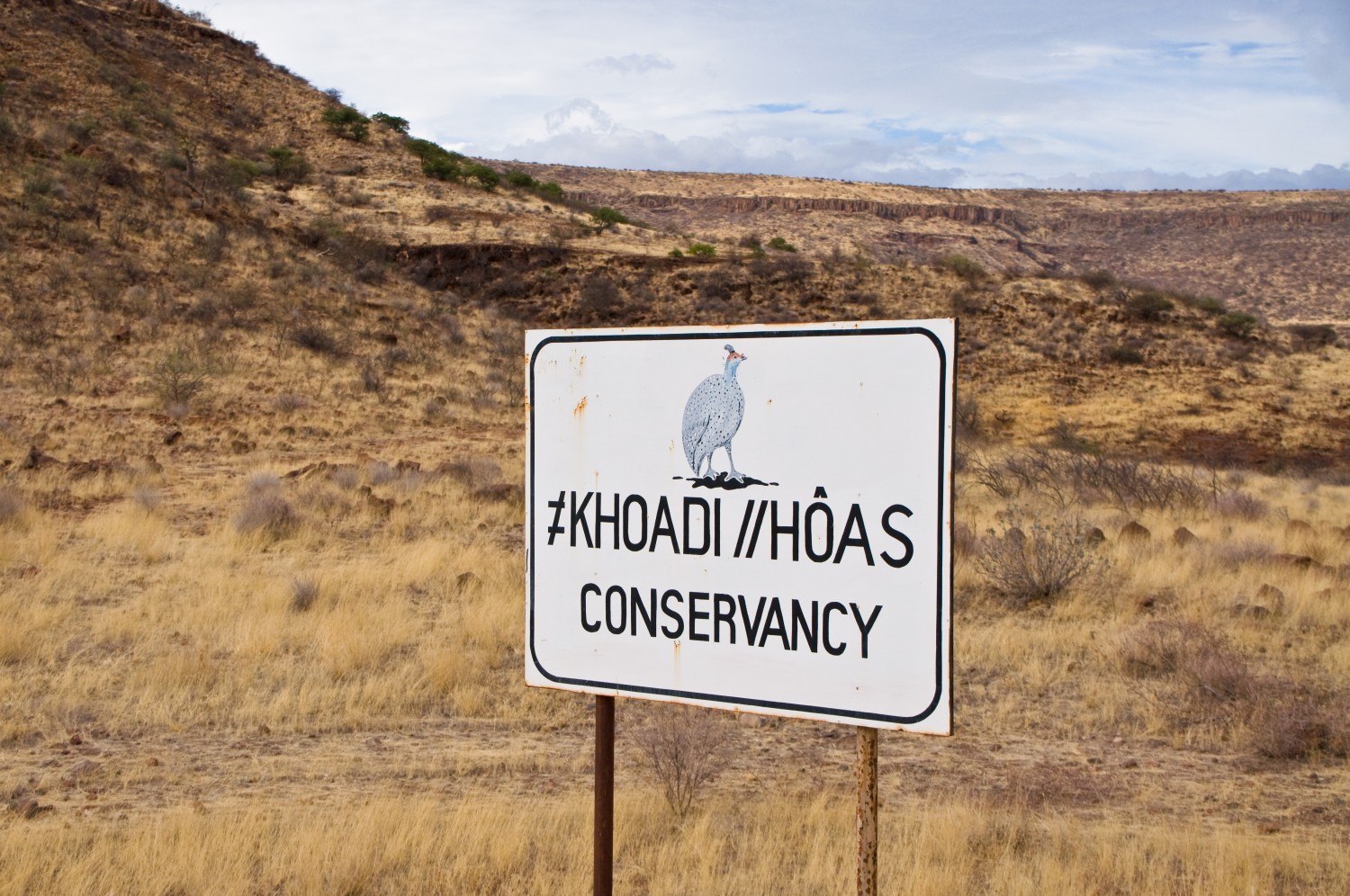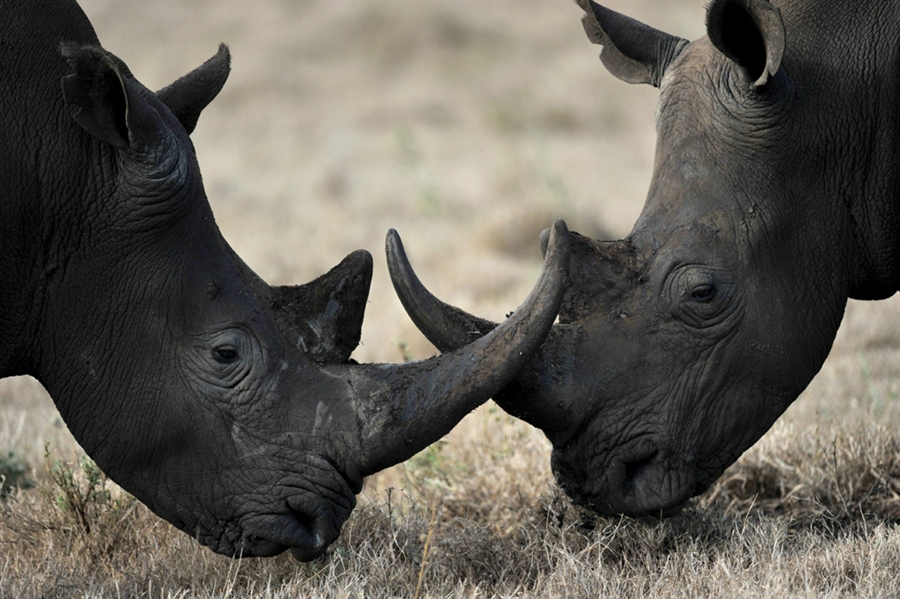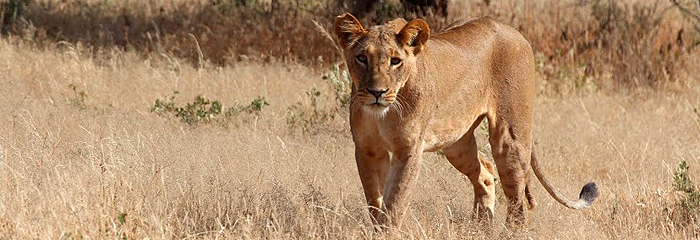In April 2015, we concluded this year-long research project with presentations in Washington DC. We wrote six papers as part of this project which are proprietary to the client, the Congressional Research Service. Six students — Leo Carter, Caitlin Goodrich, LinhPhung Huynh, Cliff Kaplan, Delfina Rossi, and Wade Tanner —… read more
Sport Hunting
Namibia’s Community Wildlife Conservancies
Two of the biggest obstacles to effective conservation schemes in Southern Africa are the high rates of rural poverty and the lack of a system of laws providing property rights to vast sections of the population. Since the mid-1990s, the Namibian government has sought to incorporate into the conservation effort… read more
Regulation of Sport Hunted Trophies: “No” to Expanded Sport Hunting through “Enhancement of Survival Permits”
Regulation of sport hunted trophies is the primary mechanism for control of sport hunting. The Endangered Species Act prohibits the take of endangered and threatened species (with some exceptions), while import restrictions limit what hunters can do with trophies once the hunt is complete. Special rules applicable to certain species… read more
Let’s talk solutions! How to manage sport hunting and benefit conservation.
Earlier blog posts cited the benefits and drawbacks to sport hunting programs. Below, I will offer a solution that can keep both conservationists and avid hunters happy: allow heavily monitored and managed sport hunting to occur only when species are proven to not be harmed. Since studies show hunters are… read more
How range countries regulate hunting trophy exports
Sometimes western society assumes developing countries do nothing to protect its own wildlife. While that might be true in some cases, there also are cases of good wildlife management in African countries. Here, I will explore some examples of hunting regulation in countries with big animals. Namibia, Zambia, Mongolia and Pakistan illustrate… read more
Can sport hunting ever be “non-detrimental”?
CITES says yes… but there are some issues with the current non-detrimental finding process. First, some background: CITES and Sport Hunting The international regulatory framework for sport hunting was established in 1975 through the Convention on International Trade in Endangered Species of Wild Fauna and Flora (CITES). CITES regulates international… read more
New proposed protection for the African Lion
On October 27, 2014, the U.S. Fish and Wildlife Service (USFWS) proposed to list the African lion as threatened under the Endangered Species Act (ESA). This move comes after a March 2011 proposal to list the African lion as endangered from a coalition of conservation groups. African lions are currently… read more
Hunting Saves the Markhor
Sport hunting by definition reduces an endangered species’ population. However, if wildlife managers charge hunters a substantial fee and use the revenue to support the remaining species’ population, sport hunting may be justified as a conservation tool. An example of the successful implementation of sport hunting as a conservation tool… read more
Sport Hunting Revenue
By one estimate, African sport hunting generates approximately $200 million annually. While sport hunting revenue is a small portion of African countries’ GDPs, it can have a big impact on wildlife conservation and the populations of certain species. This revenue stream is sufficient enough to positively impact conservation and in… read more
A new utilitarianism: Killing a few to save the many?
In direct contrast to my last blog post condemning sport hunting practices (even if the intentions were good), I’d like to present a different view. Although many researchers conclude that sport hunting has a negative impact on wildlife populations, there are still arguments that hunting is the best way to… read more







